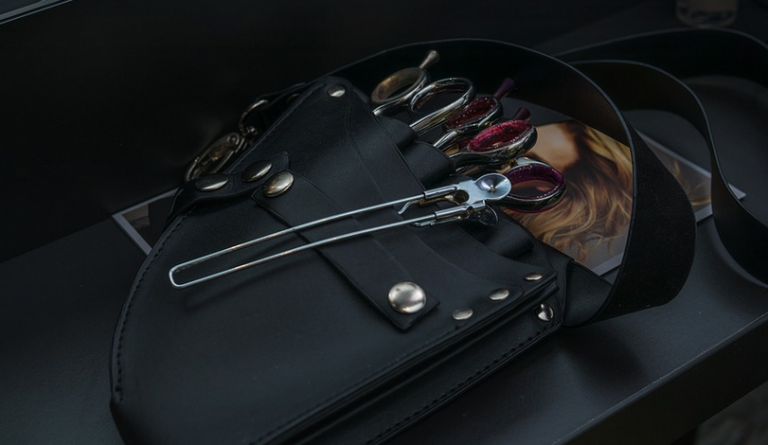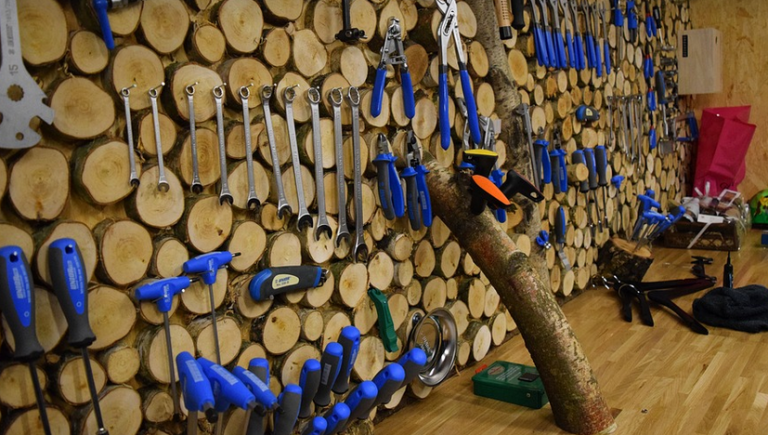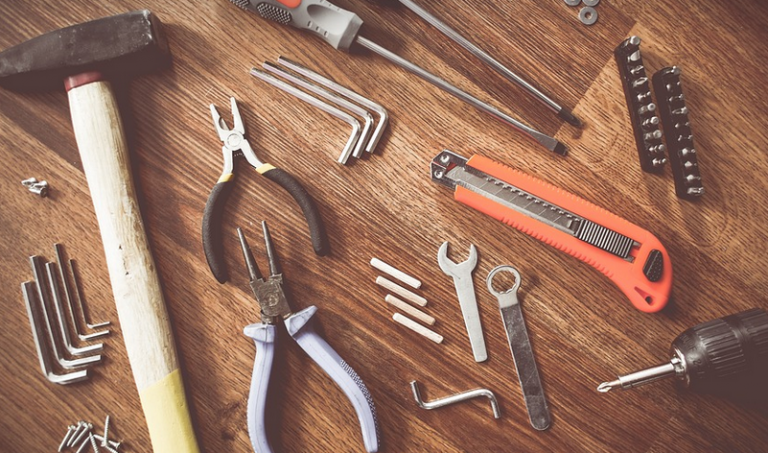
Unlocking the Power of Efficiency: Your Guide to Mitsubishi Air Source Heat Pump Costs
Worried about skyrocketing energy bills and a lack of home comfort? You’re not alone! Many homeowners are turning to eco-friendly air source heat pumps as a solution for their heating and cooling needs. These innovative systems offer significant cost savings, environmental benefits, and enhanced living experiences. But with the dazzling array of options on the market, one question keeps popping up: how much do they actually cost?
While the answer isn’t a simple number, understanding the factors that influence Mitsubishi Air Source Heat Pump prices can give you valuable insight into your potential savings and help you make an informed purchase. This guide delves into the key elements of price, providing you with a clear map to navigate the world of cost-efficient heating and cooling.
**Factors Affecting Mitsubishi Air Source Heat Pump Prices**
Just like any other product, air source heat pumps come in different models, sizes, and features. These variations directly impact their price range, but don’t let that deter you from your dream of a greener home! Understanding these key factors will empower you to make an informed decision.
**1. System Size:** The first and foremost factor to consider is the heat output required for your specific needs. A larger house with more square footage demands a higher-capacity system, leading to increased costs. Think of it this way: bigger homes require more energy to maintain comfortable temperatures – just like us!
**2. Energy Efficiency (SEER and EER):** The efficiency rating, measured in Seasonal Energy Efficiency Ratios (SEER) or Energy Efficiency Ratios (EER), is another crucial factor influencing the price. Higher SEER/EER ratings signify greater energy efficiency, translating to lower energy bills over time. Think of it like this: a car with better fuel economy will cost you less at the pump.
**3. System Features:** Mitsubishi offers a wide range of features to tailor the units to your unique needs and preferences. Additional features like variable speed compressors, smart control systems, ground source heat pumps, and ductless mini-split options can influence the price accordingly. Think of it as getting your dream car: you may pay more for customization!
**4. Installation Costs:** The final cost of a Mitsubishi Air Source Heat Pump is not just dictated by the unit itself. Installation costs should not be underestimated, especially when considering the complexities involved. A qualified HVAC contractor with experience in installing Mitsubishi equipment will ensure smooth and efficient installation.
A professional service ensures proper placement and connection of the heat pump to your existing infrastructure, maximizing energy efficiency. The cost of labor varies depending on location, expertise level, and complexity. Think of it this way: if you want a car that runs smoothly right out of the box, you’d need a qualified mechanic to install it for you.
**5. Rebates and Incentives:** Government incentives for energy-efficient technologies are often available. Look into your local utility company’s rebate programs or check if any federal or state incentive programs offer financial assistance for installing an air source heat pump.
**Mitsubishi Air Source Heat Pump Price Ranges**
To give you a better idea, let’s take a look at estimated price ranges for the most commonly available Mitsubishi units:
– **Small Homes (single-story):** $6,000 to $8,000
– **Medium Homes (two-story):** $10,000 to $15,000
– **Large Homes with High Energy Needs:** $20,000 to $30,000+
It’s essential to remember that these are rough estimates. The actual price will vary depending on your specific needs and location. It’s always best to consult with a Mitsubishi dealer or qualified HVAC installer for accurate pricing information in your area.
**How to Save Money on Your Mitsubishi Air Source Heat Pump Purchase**
Beyond understanding the factors that influence price, you can maximize your savings through strategic planning and execution:
- Shop around for quotes: Contact multiple HVAC dealers or installers to compare prices and ensure you’re getting the best deal. Don’t settle for a high-pressure sales pitch!
- Consider Energy Efficiency Incentives: Take advantage of any available rebates, tax credits, or state-sponsored programs designed specifically for energy-efficient technologies like air source heat pumps.
- Financing options: Explore possibilities for financing through your utility company, banks, or credit unions. This can make the initial cost more manageable while allowing you to enjoy long-term savings.
- Plan ahead for installation: Schedule installation during off-peak times (non-summer months) and consult with a contractor about potential rebates and incentives available in your area.
**The Bottom Line**
In the current climate of energy cost volatility, investing in an air source heat pump from Mitsubishi offers not just comfort but also tangible financial benefits. Understanding the price factors is crucial for making informed decisions about your heating and cooling needs. With strategic planning and expert advice, you can unlock the power of this eco-friendly technology to create a more comfortable, sustainable, and cost-efficient home.



